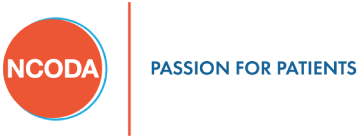Oncology Basics

Supporting the Present & Future of oncology Pharmacists
NCODA University is proud to offer the Oncology Basics Course, a self-paced refresher on pharmacotherapy in oncology designed for pharmacy students, residents, and fellows.
Throughout the 15-hour course, learners will reinforce their knowledge of the etiology and pathophysiology of cancer, commonly used cancer treatment drug classes, management of side effects and toxicities, pediatric considerations, and other clinical pearls.
While this course is designed for trainees, pharmacists in practice are welcome to take it, as it could be beneficial to anyone looking to revisit and strengthen their knowledge of baseline oncology pharmacology concepts.
COURSE INVESTMENT: $85 – STUDENTS | $150 – RESIDENTS/FELLOWS | $300 – PRACTICING PHARMACISTS
$85 – PHARMACY TECHNICIANS | $225 – PRACTICING NURSES
GROUP PRICING AVAILABLE
Please contact education@ncoda.org for more information
Course Curriculum:
Course Overview & Introduction
Instructor: Jim Koeller, MS, Professor | University of Texas at Austin & UT Health
Course Length: 2 hours
- Define, describe, and list the human cancers, including their origin and risk factors.
- Describe the process of carcinogenesis, including genetics and requirements for growth.
- Explain cancer cytogenetics and understand the Gompertzian growth model and how it impacts cancer management.
- Describe tumor staging.
- List the primary types of cancer treatment.
- Explain the differences between chemotherapy and targeted therapy, including their toxicities.
Supportive Care in Oncology
Instructor: Derek Gyori, PharmD, BCOP, Hematology/Oncology Clinical Pharmacy Specialist | Ann Arbor VA Health System
Course Length: 2 Hours
CNIV
- Understand the pathophysiology of nausea and vomiting.
- Compare and contrast antiemetic therapies based on type of nausea and vomiting and chemotherapy regimen.
- Apply knowledge of CINV to a patient case.
Mucositis
- Discuss the pathophysiology of mucositis.
- Review options for prevention and treatment of mucositis.
Diarrhea & Constipation
- Understand the pathophysiology of chemotherapy-induced diarrhea and constipation.
- Compare and contrast treatment options for chemotherapy-induced diarrhea and constipation.
- Develop a plan for a patient with chemotherapy-induced diarrhea or constipation.
Myelosuppression
- Review common cytopenias that occur as a result of chemotherapy.
- Compare and contrast common myeloid growth factors and treatment strategies used in the management of neutropenia.
- Discuss treatment strategies for the management of anemia due to chemotherapy.
Chemotherapy
Instructor: Amy Ly Indorf, PharmD, BCOP, Clinical Oncology Pharmacist | UW Medicine/Fred Hutchinson Cancer Center
Course Length: 2.5 hours
- Classify oncology pharmacologic agents by mechanisms of action.
- Evaluate clinical appropriateness of oncological therapy.
- Recall adverse effects and drug interactions associated with classes of oncologic pharmacotherapy.
- Distinguish between toxicity profiles and clinically relevant information of various oncology medications.
- Apply an evidence-based and patient-tailored approach to the use of various oncolytic agents.
Hormonal Cancer Treatments
Instructor: Elizabeth Osmon, PharmD, BCPS, BCOP, Oncology Clinical Pharmacy Specialist | Memorial Hospital West
Course Length: 1 hour
- Review the role of hormonal therapy for cancer treatment.
- Classify the hormonal therapies utilized in breast and prostate cancer.
- Distinguish the mechanisms of action of hormonal therapies.
- Identify common adverse events related to hormonal therapies.
- Recall supportive care recommendations for patients taking hormonal therapies.
Immunotherapy
Instructor: Alison Palumbo, PharmD, MPH, BCOP, Clinical Oncology Pharmacist | Oregon Health and Science University
Course Length: 1 hour
- Describe the mechanism of action of individual immunotherapy agents.
- Recognize side effects of immunotherapy by agent.
- Identify potential drug interactions with immunotherapy.
- Formulate management strategies for side effects of immunotherapy.
Targeted Therapy
Instructor: Stephanie Pang, PharmD, Clinical Oncology Pharmacist | Fred Hutch Cancer Center
Course Length: 1 hour
- Describe the mechanism of action and pharmacology of targeted therapies used for the treatment of hematologic and solid tumor malignancies.
- Recognize common and unique adverse drug reactions of targeted therapies and associated prevention and management strategies.
- Identify important counseling points and monitoring parameters for specific agents.
Stem Cell Transplant
Instructor: Diana Martinez, PharmD, BCOP, Hematology/Blood & Marrow Transplant Specialist | Moffitt Malignant Hematology at Memorial Healthcare System
Course Length: 2 hours
- Review basic stem cell hierarchy.
- Define hematopoietic stem cell transplantation (HSCT).
- List medical conditions for which HSCT is indicated.
- Identify and compare common graft sources and donor types.
- Discuss mobilization and preparative conditioning regimens.
- Recognize common infections complications of HSCT recipients.
- Summarize the most common HSCT related complications.
Pediatrics
Instructor: Tara Higgins, PharmD, BCPPS, FPPA, FFSHP, Assistant Professor | Lake Erie College of Osteopathic Medicine School of Pharmacy
Course Length: 30 minutes
- Analyze differences between adult cancer and childhood cancer.
- Understand the different types of childhood cancers and their treatments.
- Evaluate the acute and long-term side effects of chemotherapy in pediatric patients.
Oncologic Emergencies Part 1
Instructor: AiThi Sprinkle, PharmD, BCOP, Associate Director and Medical Science Liaison | Vor Biopharma
Course Length: 1 hour
- Identify laboratory and clinical signs of tumor lysis syndrome (TLS) and describe treatment strategies for hyperuricemia, hyperkalemia, and hyperphosphatemia.
- Analyze and assess when bisphosphonates and/or denosumab is appropriate in the management of hypercalcemia of malignancy.
- List the different treatment modalities for spinal cord compression syndrome (SCC).
- Describe cytokine release syndrome (CRS) and know what body of literature to utilize to assess and manage CRS.
Oncologic Emergencies Part 2
Instructor: Loriel Solodokin, PharmD, BCOP, Assistant Professor | MCPHS School of Pharmacy
Course Length: 1 hour
- Calculate absolute neutrophil count (ANC).
- Identify the risk factors for febrile neutropenia.
- Explain the principles of antimicrobial management for febrile neutropenia.
- Implement prophylactic and treatment modalities to appropriately manage a patient with febrile neutropenia.
For questions, please contact:
education@ncoda.org
RESOURCES
Cost Avoidance Waste Tracker
PQI in Action
OCE Sheets
IVE Sheets
Treatment Support Kits
PQI Podcast
Members
Member Resources
OPTA
Committees
Member Login
Events
Webinars
Spring Forum
Oncology Institute
PSO Annual Meeting
Fall Summit
315-655-4640
P.O. Box 468
Cazenovia, NY 13035





